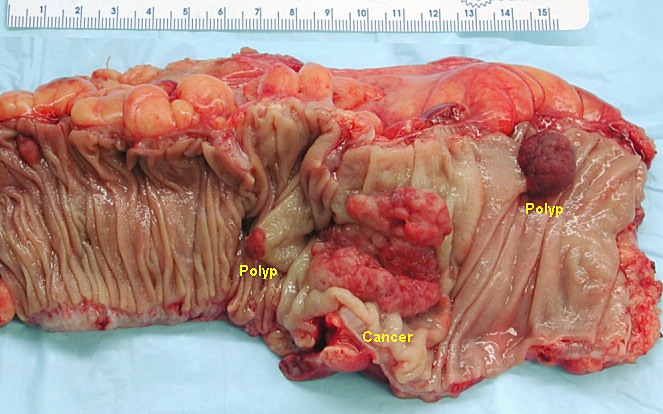Early detection plays a key role in managing colon cancer and conditions like gastritis. Recognizing changes in the body and seeking timely medical attention can help identify potential concerns. Here is some information about symptoms that may be associated with colon cancer or gastritis, risk factors to monitor, available screening options, and actionable steps to promote awareness for early detection.
Recognizing Symptoms
Early colon cancer may not have noticeable symptoms, but as it progresses, sure signs could appear. Pay attention to any changes in your body and consult a doctor if you have concerns. Possible symptoms of colon cancer include:
- Unexplained changes in bowel habits
- Long-term diarrhea
- Frequent constipation
- Visible blood in the stool
- Abdominal discomfort or pain
- Unexplained weight loss
Other gastrointestinal conditions, such as gastritis, can sometimes cause these symptoms. Gastritis, which refers to inflammation of the stomach lining, can mimic some symptoms of colon cancer, such as abdominal pain and bloating. Although gastritis is not a direct cause of colon cancer, studies suggest that chronic gastritis may coexist with colorectal concerns. This underscores the need for thorough evaluations when such symptoms arise.
Identifying Risk Factors
Various factors increase the risk of colon cancer. Age is a primary factor, with individuals over 50 at higher risk. Other factors include a personal or family history of colorectal cancer, inflammatory bowel diseases (IBD) like Crohn’s disease or ulcerative colitis, a high-fat or low-fiber diet, and a sedentary lifestyle. Chronic gastritis has been linked to various digestive health complications. While its direct relationship to colon cancer remains unclear, gastritis can signal underlying inflammation in the digestive system, warranting further medical attention.
Exploring Screening Methods
Medical professionals utilize several screening tools to detect colon cancer at an early stage. A colonoscopy lets them visually examine the colon for polyps or abnormalities. Stool-based tests, like fecal occult blood tests (FOBT), check stool samples for traces of blood. Imaging methods, such as CT colonography, provide detailed scans of the colon.
For individuals with ongoing digestive issues, a comprehensive gastrointestinal evaluation might include additional tests. Consulting with a healthcare provider can help determine the most appropriate screening approach based on your symptoms. Screening recommendations typically vary based on factors such as age, medical history, and family history of colorectal cancer. Discussing options with a qualified healthcare provider can help you select the most suitable screening approach.
Taking Preventative Steps
Preventative measures start with making healthier lifestyle choices. Eating vegetables, whole grains, and lean proteins boosts digestive health. Reducing red and processed meats also lowers risks. Staying active through regular exercise supports overall health and helps reduce cancer risks.
Individuals with gastritis should prioritize managing this condition by avoiding triggers like spicy foods, alcohol, and excessive use of nonsteroidal anti-inflammatory drugs (NSAIDs). Treating gastritis through dietary adjustments and medication can enhance gastrointestinal health and may help mitigate potential risks. Quitting smoking and moderating alcohol intake are also beneficial, especially for those with additional risk factors.
Moving Forward with Gastritis Awareness
Colon cancer detection methods have advanced, offering various pathways for identifying this condition in the early stages. By understanding symptoms, reviewing risks, exploring screening options, and adopting preventive habits, it is possible to address concerns with a practical and informed approach. Collaboration with healthcare professionals can further support informed decisions and encourage healthier practices in everyday life.

